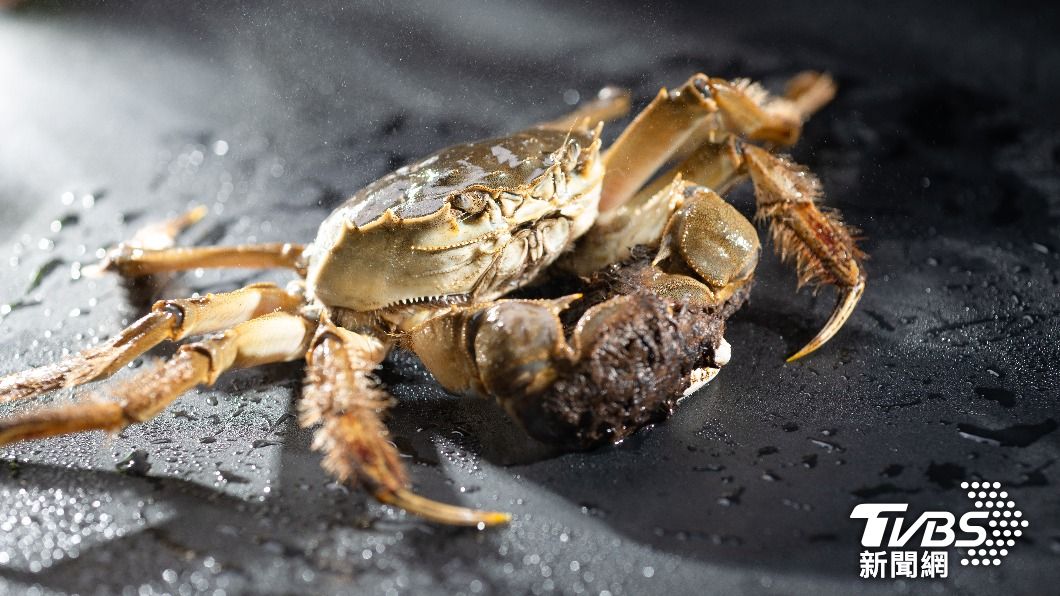TAIPEI (TVBS News) — The Highway Bureau of the Ministry of Transportation and Communications (MOTC, 交通部公路局) has collaborated with experts to create "Ecological Corridor 3.0" (生態廊道3.0) to protect land crabs from roadkill as they migrate to the sea to release their young. This initiative has reduced roadkill by 81%.
Provincial Highway 26 (台26線) in Pingtung's Banana Bay (香蕉灣) is home to the highest diversity of land crabs in Taiwan, with 95% of the country's species concentrated in this area. Researchers have recorded up to 62 species here. From May to October each year, these crabs cross the road to reach the sea and release their young.
In 2017, the bureau transformed drainage culverts into "Ecological Corridor 1.0" to help crabs climb. By 2023, they installed the world's first elevated continuous "Ecological Corridor 2.0" under the road.
Chen Guei-fang (陳貴芳), head of the Highway Bureau's Southern Region Branch Office, noted that crabs often fell into ditches due to water pipes. After consulting with experts, they lined the corridors with coral stones and driftwood to enhance the micro-habitat, achieving the goal of returning the road to the crabs.
This year's traffic control measures run from July 20 to 22, Aug. 18 to 20, and Sept. 17 to 19, from 6:30 p.m. to 8:30 p.m., with the final month extending from 6 p.m. to 8 p.m. During these times, the four-lane road will be reduced to two lanes, and will open and close every 10 minutes. Meanwhile, volunteers will manually collect crabs in key areas, recording data before releasing them at the beach.











